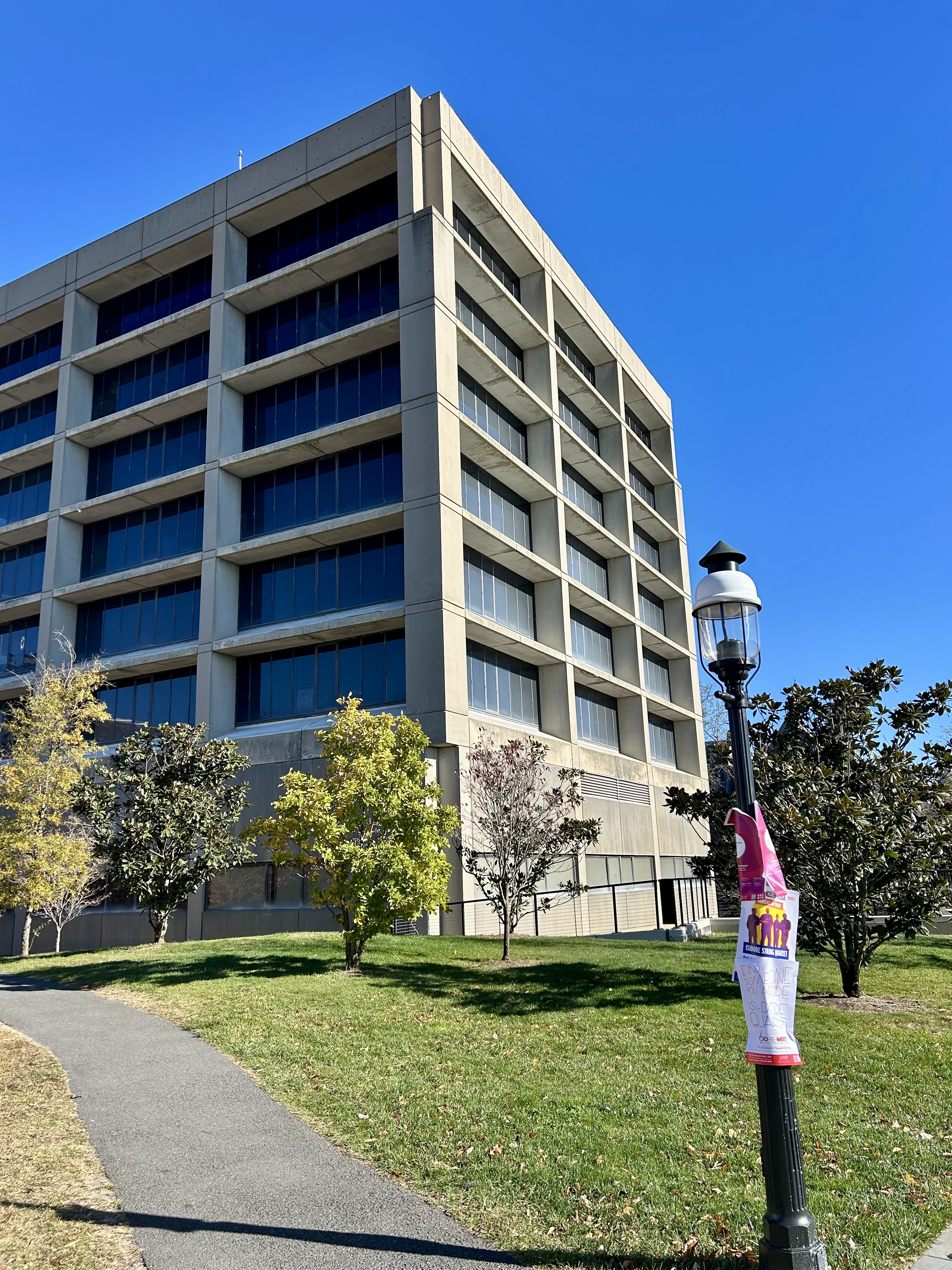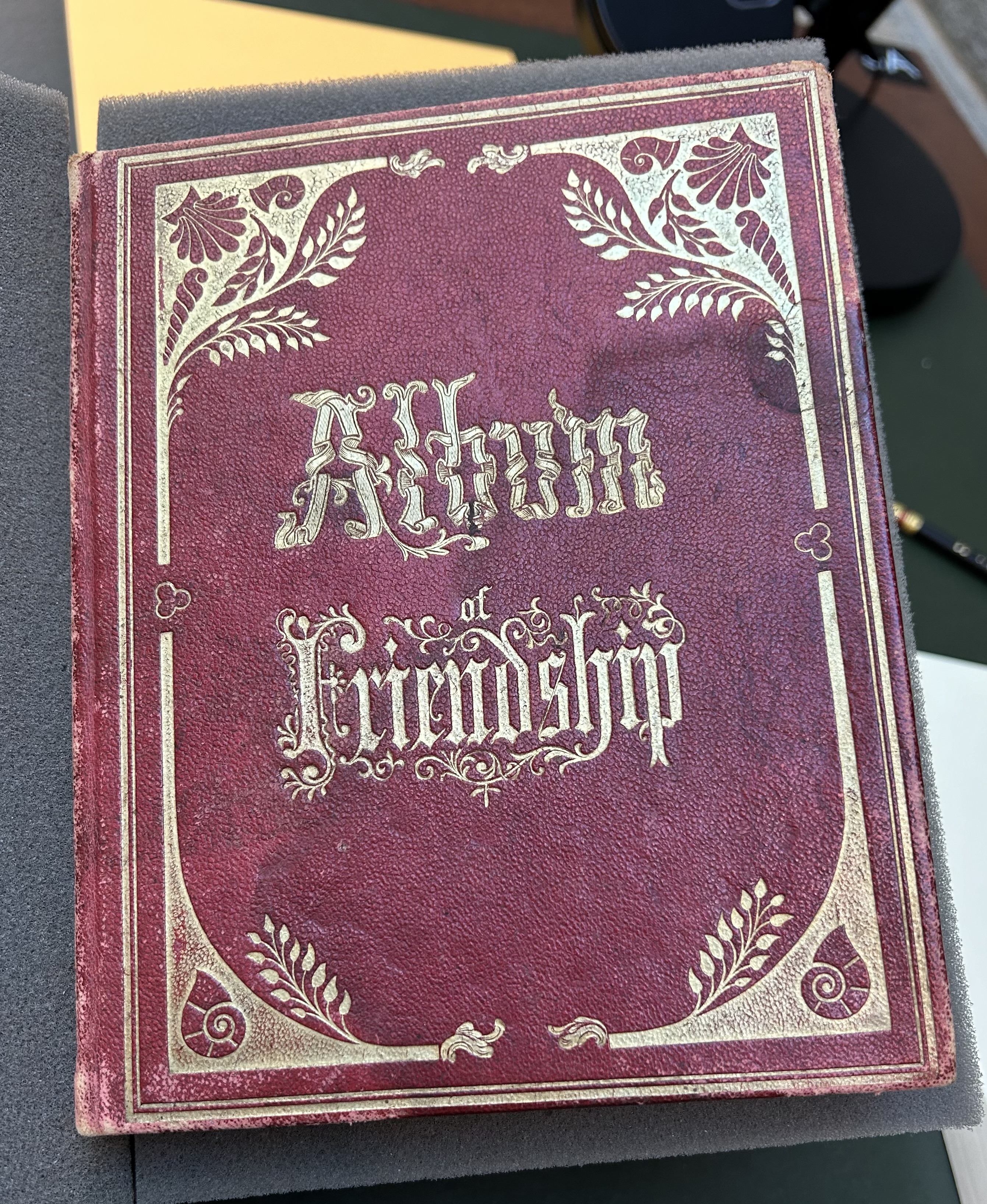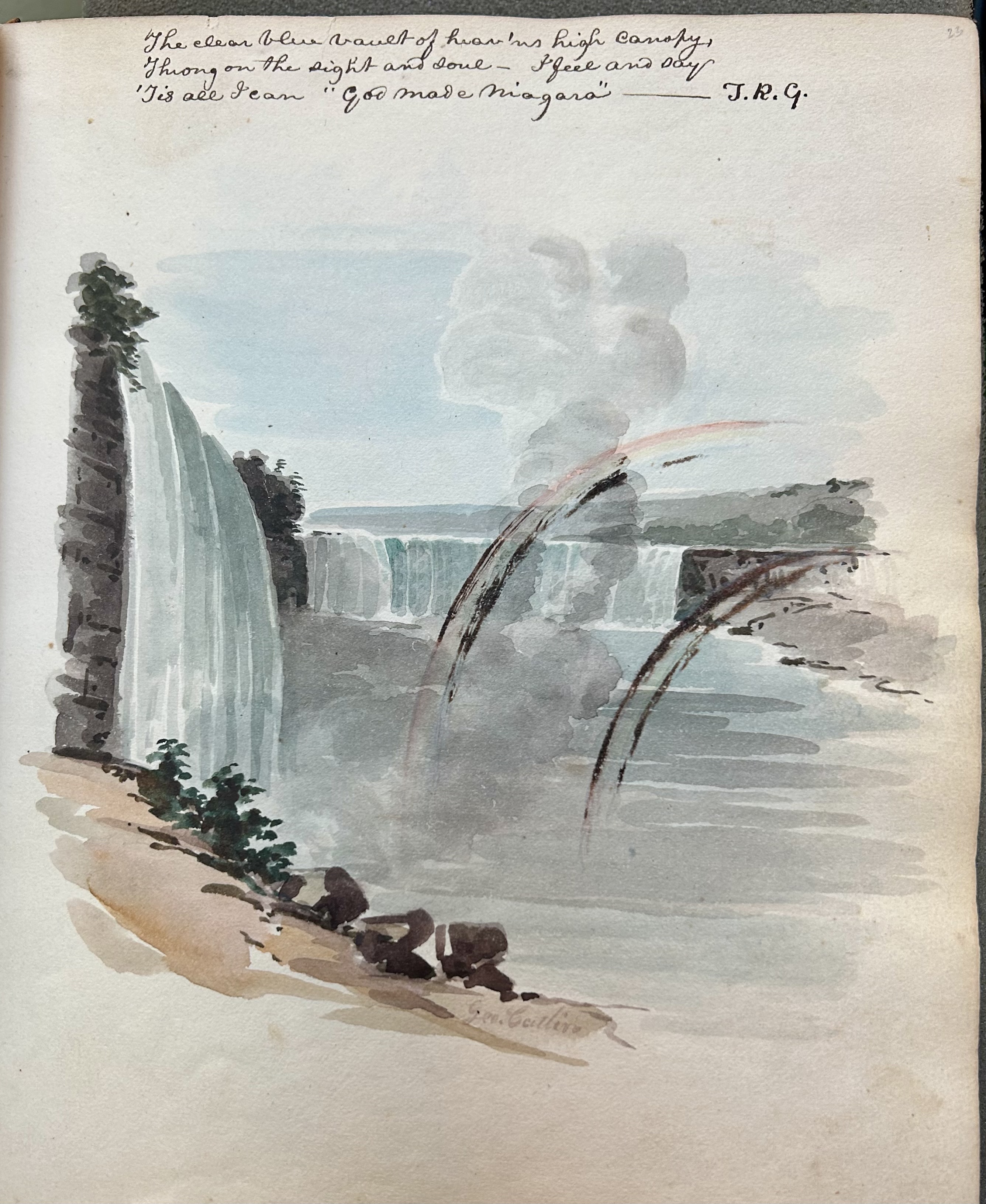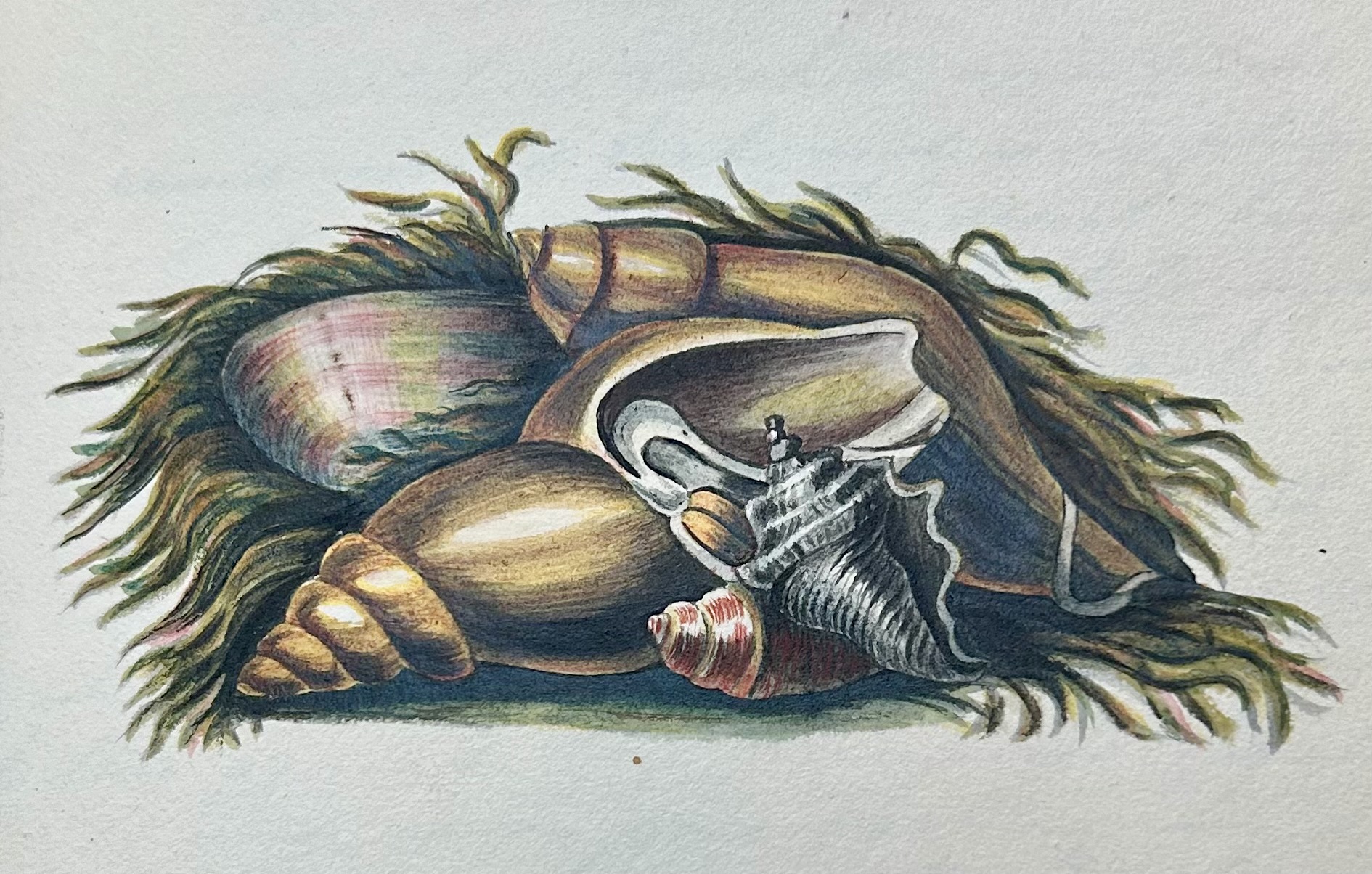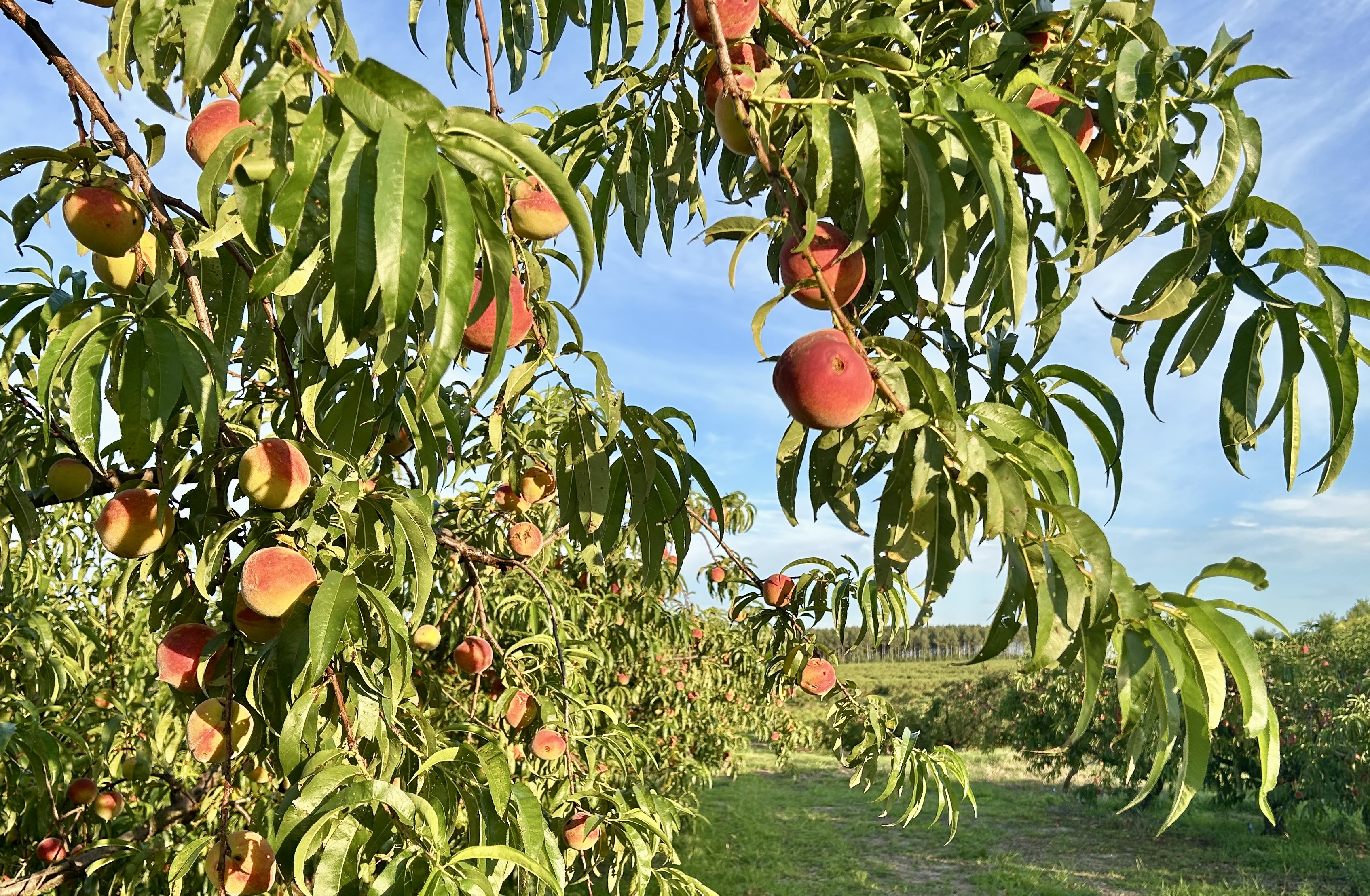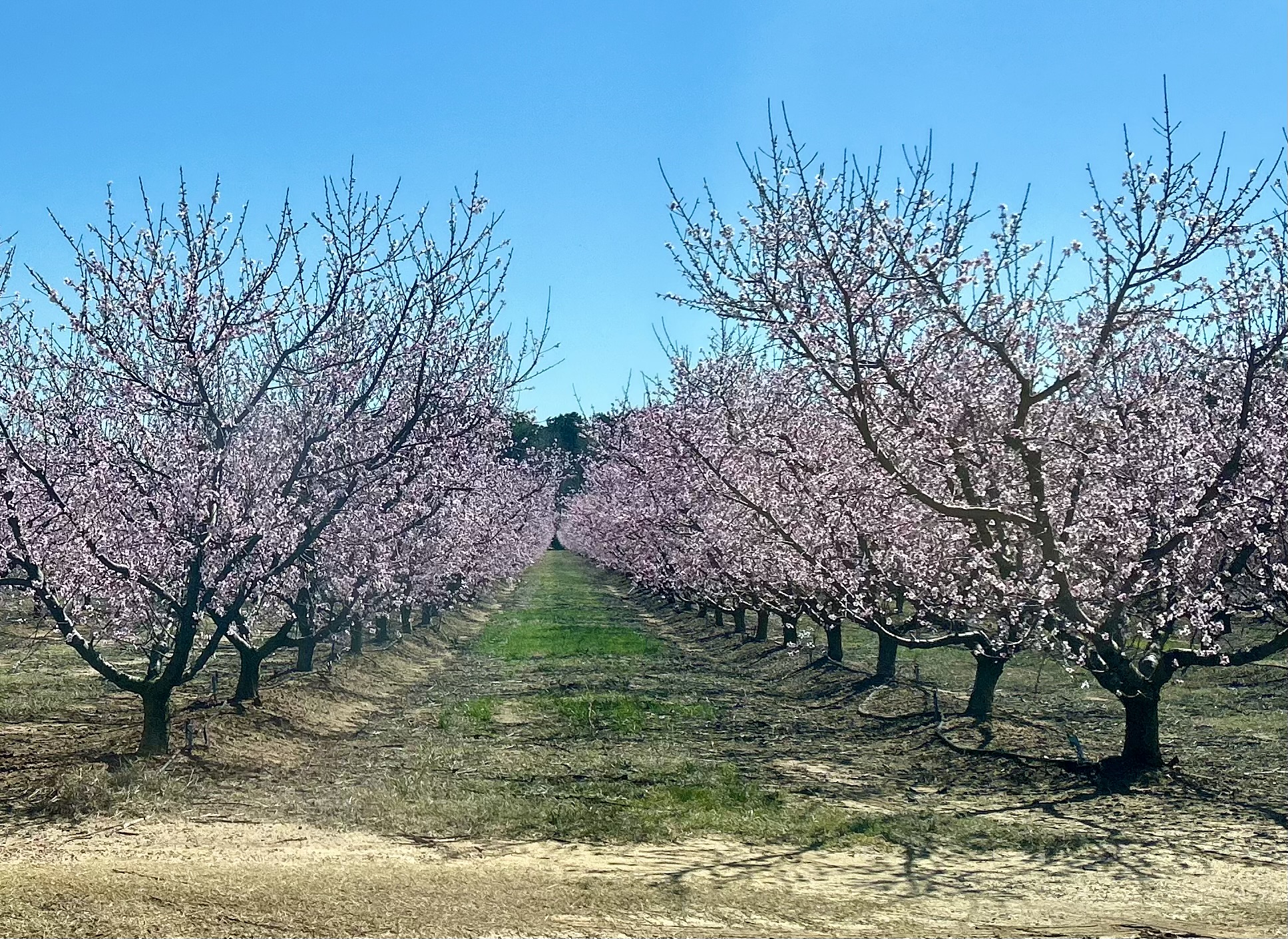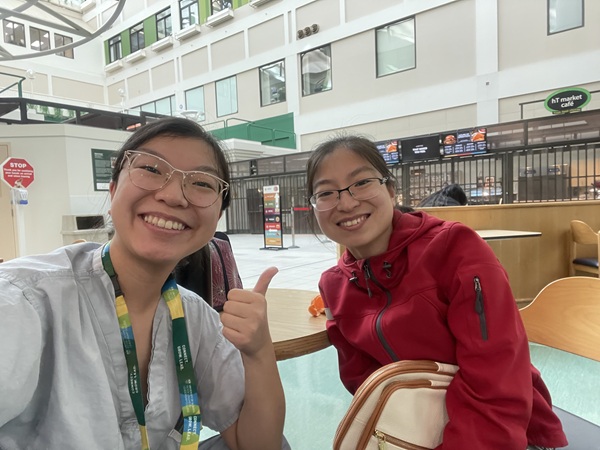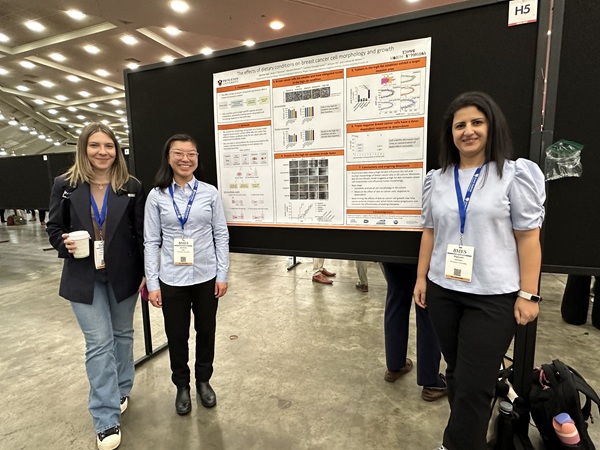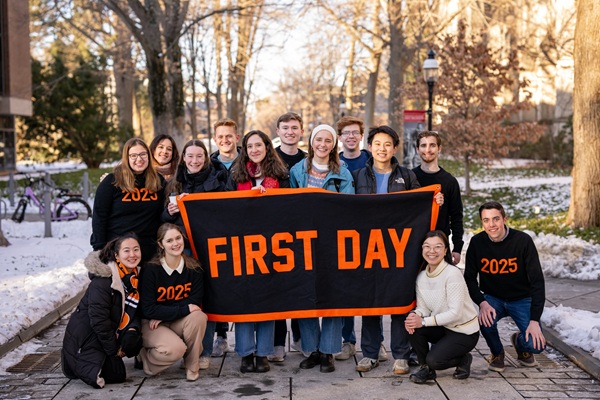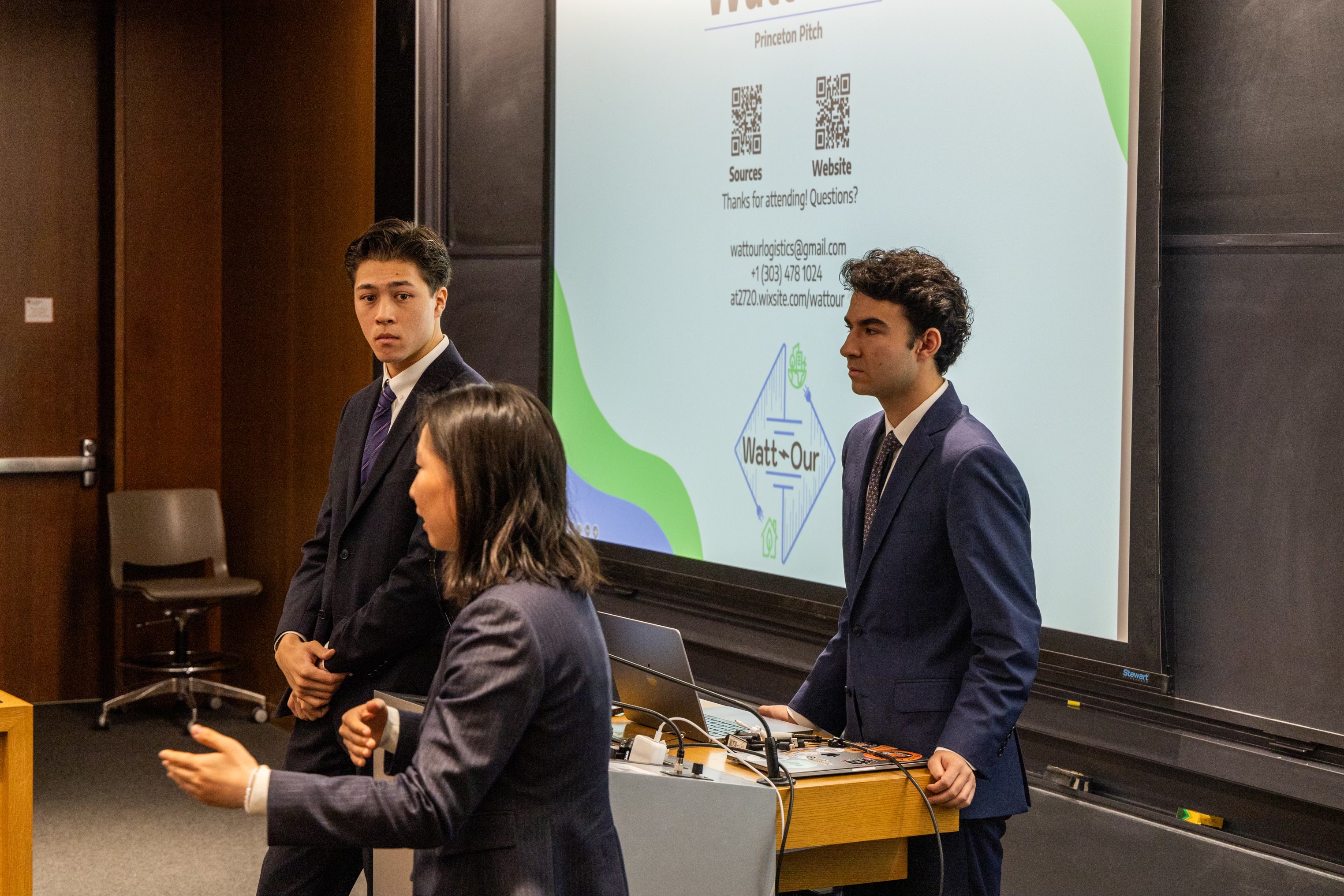The weeks leading up to move-in day can be interesting. On the one hand, you are filled with nothing but excitement, eagerly awaiting the next chapter of your life to begin; on the other, you are filled with anything but excitement, hesitantly awaiting the next chapter of your life to begin. When I went through these imminence-filled weeks, both of these hands seemed to have a grip on me, tugging in opposite directions. Since move-in day is quickly approaching, I wanted to share my story — from the exciting to the not-so-exciting, which I hope may provide some solace to all who may be experiencing the same tug-of-war feelings as I did.
Let us start with the exciting because, honestly, getting ready for college is exciting. My pre-frosh summer was when I really started to feel like a Princeton student. Through ClassPath, a summer-long online Orientation program designed to guide and support all soon-to-be frosh in their transition to Princeton, I not only became more acquainted with important University ins and outs but also my fellow “zees,” short for “advisees” — our main adviser was our RCA, or Residential College Adviser. Little did I know at the time that these “zees” would soon become close friends. Additionally, through weekly Summer Engagement Cohort meetings, I got to know several ‘28ers outside of my zee group. My cohort and I completed various activities together and openly discussed topics to which we could all relate, which was really fun and helpful. I remember one topic we discussed was residential college assignments. In late June, I found out I had been placed into Rockefeller, or Rocky, College! Upon hearing this, I was ecstatic, as I had hoped to get assigned to one of the older res. colleges — and I was so thankful I did! All this, from learning more about my class to celebrating my residential college placement, was just the tip of the iceberg.
However, there were still plenty of doubts and questions amid all my excitement. As each day drew closer to move-in, ruminating on “what-ifs” and “what-could-happens” left me overwhelmed. So much seemed to be in the unknown, and my mind felt deluged: a rigorous school… a faraway school… new places… filled with new people…. Now, do not get me wrong, I knew what I had signed up for when I committed to Princeton; there just seemed to be an irritating voice in my head that only intensified as the whole “going to Princeton thing” became more real. Such unpleasant thinking ultimately gave way to a giant with which I had never struggled: intrusive thoughts. (Intrusive thoughts are usually unwanted, stress-inducing ideas or images that involuntarily and repeatedly flash through one’s mind — and are very common; these ideas and images are deemed as “intrusive” because they often conflict with one’s beliefs and values, making them hard to expel.) I wrestled with these thoughts for weeks and weeks; I was aware they did not reflect who I knew I was, which only resulted in a perpetual mental war. However, as the war raged on, I gradually realized it had already been won, not by me, but by Him. He defined who I was, not some nagging thought; I stopped battling against the lies, leaning into the “even-ifs” instead of the “what-ifs” — faith over fear — and trusting the One who was and is far more capable than I. Over time, the thoughts slowly drifted away; by a few weeks into the school year — yes, a few weeks into the school year — they had departed completely. The giant was dead.
I wanted to share this not-so-exciting aspect of my journey to move-in/college primarily for two reasons: 1) To help anybody who may be facing the same giant or something similar, and 2) To stress the fact that you never really know what someone is enduring. Concerning the first reason, if you are struggling, do not suffer in silence, nor discount the importance of gratitude. Reach out to somebody — a loved one, a mentor, a teacher, a coach, a pastor, etc. Talking with the Lord and my family helped me truly see how powerless my intrusive thoughts were. Moreover, count your blessings. Doing so when anxious may sound ironic — I’m kind of struggling right now… can’t really think of much to be thankful for… But through focusing on every little thing for which I had to be grateful, my mind became consumed by something other than anxious thoughts: peace. Max Lucado, a widely known pastor and author, once stated in a sermon that anxiety flees when thanksgiving enters the room, and I have found that such cannot be more true — Philippians 4:6-7. Regarding the second reason, remember the Golden Rule: “Do unto others as you would have them do unto you.” Strive to love unconditionally, as the person who you think has everything together may be falling apart. Feeling the love of others and, likewise, loving others helped me to not dwell on my thoughts as much — love will always conquer a lie. At the end of the day, seeking support, giving thanks, and living out the Golden Rule go a long way.
In late August, I officially moved into Princeton. The days, weeks, and months that led up to that day were not a cakewalk, but through fortitude rooted in faith, things, slowly but surely, worked out. In the end, the giant that tried to take me down only ended up strengthening me in so many areas of my life. So, when you feel your worries trying to creep in, tell them to go on — reach out to others, cultivate gratitude, look to love, know He can defeat the giant — and fully embrace your excitement!







